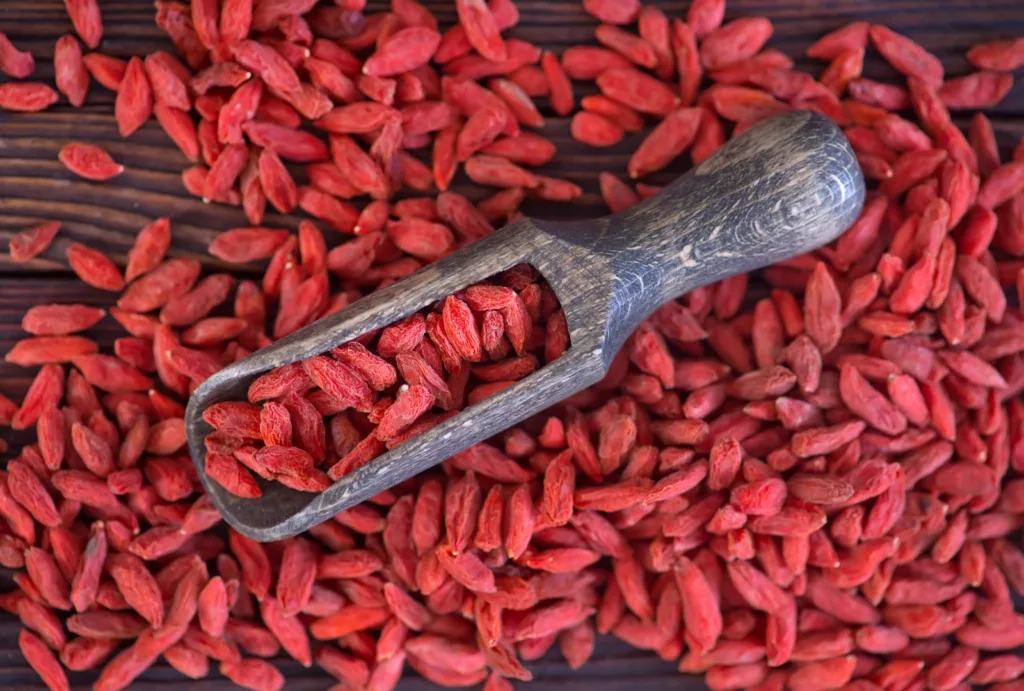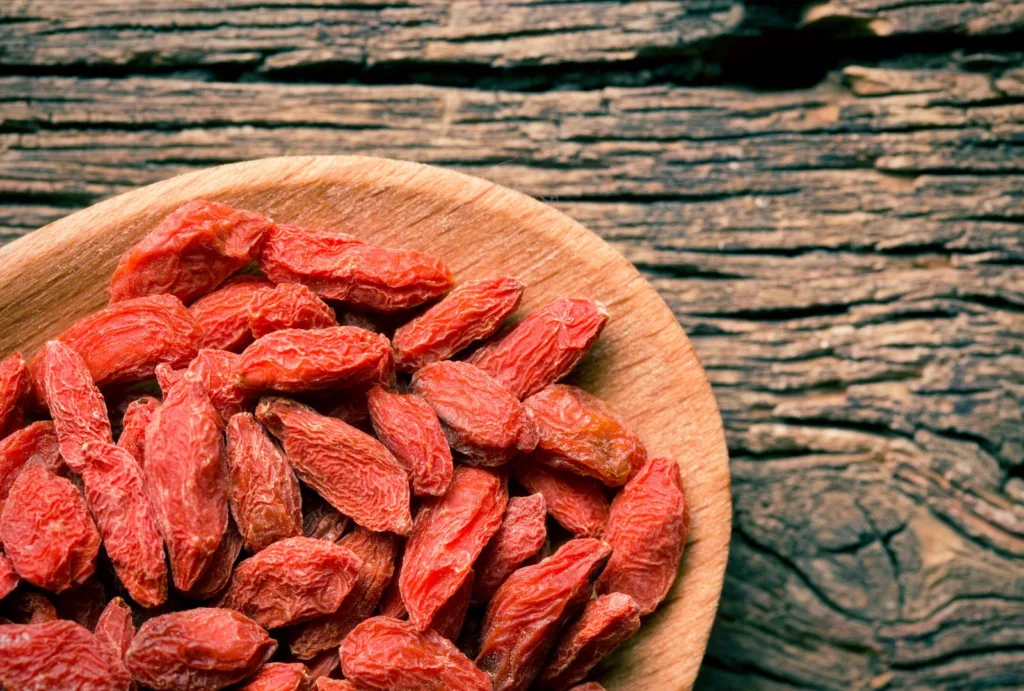
Ever find yourself standing in the grocery aisle, bewildered by the endless choices of “healthy” foods? We’ve all been there, right? You want to make the best choices, but how do you sift through the hype? Well, allow me to introduce you to a little gem that’s been cherished for millennia in traditional medicine—the Chinese Wolf Berry. This isn’t just another fad; it’s a superfood with a resume so impressive, it practically needs its own LinkedIn profile. Intrigued? Let’s explore the incredible healing powers of this remarkable berry.
What Are Chinese Wolf Berries?
You’ve heard the name, but what exactly is a Chinese Wolf Berry? Think of it as a distant cousin to the berries you toss in your smoothie, but with a superhero cape.
Origin and History
Hailing from China, these little red berries have been a staple in traditional medicine for, oh, just a few thousand years. No big deal, right? They’re so treasured that they even make an appearance in ancient medicinal texts.
Nutritional Content
Okay, so they’re ancient, but what’s in them? These tiny titans are loaded with antioxidants, vitamins, and minerals. We’re talking Vitamin C levels that give oranges a run for their money!
The Incredible Healing Powers
Nutrient Density
So, why are Chinese Wolf Berries considered a superfood? Simple: they’re like a nutrient-packed treasure chest.
Vitamins and Minerals
Ever heard the phrase, “good things come in small packages”? Well, in the case of the Chinese Wolf Berry, it’s absolutely true. These little guys are packed with vitamins A, C, and E, as well as a whole host of minerals like zinc and iron. It’s like Mother Nature’s own multivitamin!
Medicinal Uses
Alright, so they’re nutritious, but can they heal? You bet!
Traditional Chinese Medicine and Beyond
In Traditional Chinese Medicine, these berries are used for everything from boosting immunity to improving vision. And it’s not just ancient wisdom; modern science is starting to catch up with studies confirming their antioxidant and anti-inflammatory properties.
Goji Berries vs. Wolfberries
Is There a Difference?

Name Game: What’s in a name?
So you’ve probably heard these berries called both Goji and Wolfberries. Confusing, right? Well, let me clear the fog. Essentially, they’re the same berry but might differ slightly depending on where they’re grown.
Nutritional Differences
Alright, they might share a name, but do they share the same benefits?
Berberine in Goji Berries
Here’s where it gets spicy. Some Goji Berries contain berberine, a compound that has been shown to have potential health benefits. But don’t worry, whether it’s a Goji or a Wolfberry, you’re still getting a nutrient-dense treat.
How To Incorporate Chinese Wolf Berries into Your Diet
Fresh, Dried, or Juiced?
So you’re sold on the benefits, but how do you actually eat these things? Good news: you’ve got options!
How to Dry Goji Berries
Ever tried sun-drying tomatoes? Well, drying Goji Berries is a walk in the park. Just spread them out on a tray and let the sun do its thing. Voila, you’ve got a snack that’s perfect for trail mix or granola.
How to Dehydrate Goji Berries
No sun? No problem! You can also dehydrate them using an oven or a food dehydrator. It’s as simple as setting the temperature and walking away.
Where to Buy Goji Berry Juice
Not a DIY kind of person? You can also buy Goji Berry juice at food stores or even online. Just make sure to check for added sugars.
Are Goji Berries Low FODMAP?
Wondering if these berries fit into a low FODMAP diet? The answer is a resounding yes! They’re not only low in FODMAPs but also high in nutrients, making them a win-win for sensitive stomachs.
Benefits and Side Effects
The Upsides
So, what’s the verdict? Are these berries worth the hype? Spoiler alert: Absolutely!
Wolfberry Goji Berry Benefits
From boosting your immune system to potentially improving vision, these berries are the Swiss Army knife of the fruit world. They’re also rich in antioxidants, which means they can help combat free radicals in your body.
The Downsides
Okay, I know what you’re thinking. “This sounds too good to be true.” Well, almost.
Wolfberry Benefits and Side Effects
Like anything in life, moderation is key. Consuming too many Wolfberries can lead to digestive issues or interact with medications.
Frequently Asked Questions (FAQs)
Good question! Store them in an airtight container in a cool, dark place. Think of them like you would raisins or other dried fruits.
Goji Berries have been consumed for generations and are generally considered safe. However, Always consult your healthcare provider for personalized advice.
While they’re not toxic to pets, it’s always a good idea to check with your vet before introducing any new foods into your pet’s diet.
Some reports suggest that Goji Berries can interact with certain medications, like blood thinners. If you’re on medication, it’s always best to consult with your healthcare provider.
Yes, they are! They’re a fruit, so they’re naturally gluten-free. However, always check packaging for cross-contamination if you’re extremely sensitive to gluten.
Final Words
So there you have it, friends. The Chinese Wolf Berry is more than just a pretty face in the superfood lineup. It’s got the credentials to back it up and deserves a spot in your pantry. Why not give it a try and experience its benefits for yourself?
We’d love to hear about your own experiences with Chinese Wolf Berries. Feel free to share your thoughts and tips in the comments below!




